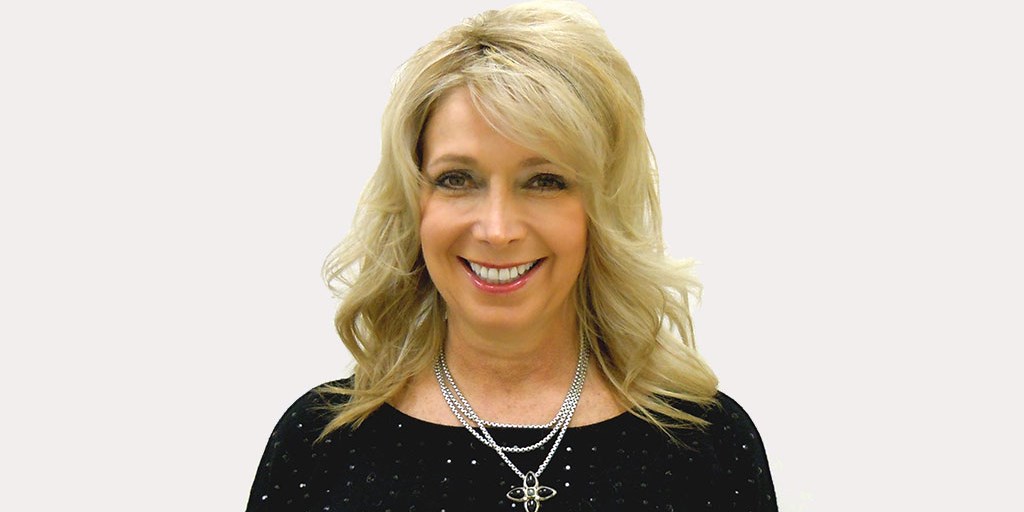Dealmaking can often be a fluid process that takes a number of unexpected twists and turns. That was certainly the case when Meritech Inc. bought American Copy Equipment in a deal that brought together two of Cleveland’s biggest office equipment and technology providers.
“We didn’t even talk about buying their business when we all met for the first time,” says Meritech President Mary Ann Bednar. “It was just, ‘Let’s do lunch.’”
When Bednar learned a few months later that ACE was in talks with another company about a potential sale, she didn’t panic.
“We kept the conversation going,” Bednar says. “There was nothing else we could do at the time. Once they got to know the other company and did a more formal review, they didn’t feel comfortable. The other party backed away and our conversation started up again.”
The two companies found a common set of values and beliefs and used it as a foundation to complete a deal.
Smart Business Dealmakers spoke with Bednar and Meritech Executive Vice President Ken Vanden Haute about the importance of patience in dealmaking and the value of securing market share in a competitive business environment.
What has been Meritech’s approach to dealmaking?
Bednar:We’re looking for a strong balance sheet and for a good customer base that has reoccurring service. A lot of our clients are under contracts where we provide the ongoing service and support. We’re looking for that strong base and a strong partnership. We have to work together. If they don’t believe in that, we don’t need to take the conversation any further.
Vanden Haute:We’re focused on companies that are respected in the marketplace. We don’t want companies that are hurting or going out of business. We want companies that are profitable and that have built a strong business practice. If our core values and selling strategies do not align, then it’s not a good fit. You have to be smart too. When a business owner puts together an exit strategy, from the buyer’s perspective, you have to have to see how long they had the strategy in place.
What types of shortcuts have they been putting in place to minimize their expenses that could potentially fall on us once the keys are turned over? Are they up to date on the preventative maintenance piece? Were they just pushing it off, trying to extend until they could get through the period knowing that once it’s done, we’re going to be stuck with the burden of doing all that work that probably should have been done before the acquisition went down? You have to really take a deep dive into what it really looks like, not just what it looks like on paper.
What other shortcuts might a seller take to get a deal done?
Vanden Haute:When you have 4,800 machines in the field, you have to make sure that inventory has been managed properly for the last seven to 10 months you’ve been negotiating this contract. Make sure they didn’t cut back to make their books look better. Now you’re getting into a situation where what you think you’re going to profit from isn’t going to be the case and you have to hire more employees and buy excess inventory that should have already been in place to manage and maintain what you have.
What can be done to support a smooth transition?
Bednar:The important thing is to secure the employees. The employees take care of the clients. Without professional employees, you’re going to have unhappy clients. If you take care of your employees and you get in front of notification to every customer regarding the acquisition and you make sure they are secure with you about the support they will continue to receive, it will help them feel confident.
How do you bring a deal to a successful closing?
Bednar:We make sure we position ourselves strong with a good letter of intent, good communication and a good relationship with the attorneys and the bank. In the case of the ACE acquisition, the organization of both parties was phenomenal. There is always some stress involved in the final stage of closing. But if we’ve executed everything as we laid it out, it happens smoothly.
What role does market share play in your M&A strategy?
Vanden Haute:You can see what’s going on in the world. Everybody is buying everybody. Corporate is buying all the individual, locally owned people and they are growing into monsters. If you’re on the other side and you’re an individual owner and you’re not growing through acquisition, you’re putting yourself in a bad position. Your competition is getting bigger and stronger every day. They’re trying to buy up everything around you. We want to disrupt the marketplace. We want to be that company that is disrupting what is going in on in technology in Northeast Ohio.
How to reach: Meritech Inc., www.meritechinc.com




